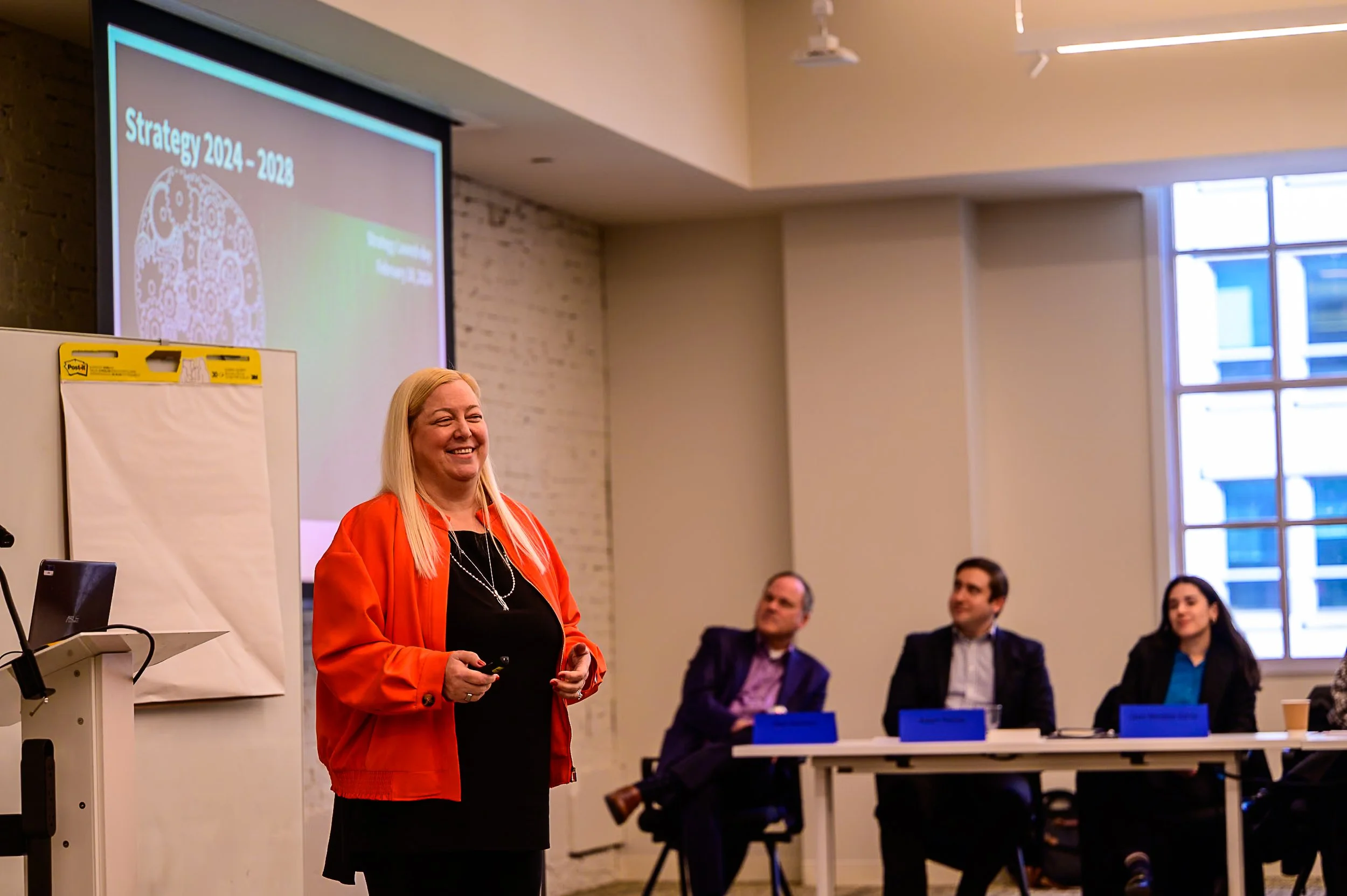Don’t Fall for Phishing in 2015
You have probably never met a Nigerian prince. However, you might have received an email from one asking for help unlocking a fortune with the promise to pay you for your help. These so-called ‘Nigerian prince scams’ are a crude version of fraud that people can easily recognize.
Cybersecurity threats to your personal information government systems today are becoming much more difficult to distinguish. Cybersecurity experts expect 2015 to see a rise in phishing – messages that look like the real thing, tricking people into unwittingly downloading viruses or giving away valuable personal information. A recent Google study found people visiting fake web pages submit their info 14% of the time, while some fake websites even worked an incredible 45% of the time. These cyber criminals are looking to steal not only your financial information, but to get their way into company and business computer systems.
Senior federal employees familiar with cybersecurity recognize that phishing and emails embedded with malware are the greatest cyber threat to their agencies. In a survey by the Government Business Council and Dell Software, 66% of respondents said phishing was a top cyber threat, while 63% said email embedded with malware was. Those polled suggested the greatest areas for cybersecurity improvement were workforce education (52%) and risk education (51%). These cyber threats suggest employees themselves may be the weakest link in government cybersecurity. The U.S. Computer Emergency Readiness Team provides tips that can help you learn how not to fall victim to these types of cyber-attacks.
In 2015, make an effort to learn more about cybersecurity and ways criminals might try to trick you into giving them information or downloading malicious malware. And whatever you do, do not give anything to that Nigerian prince!





















